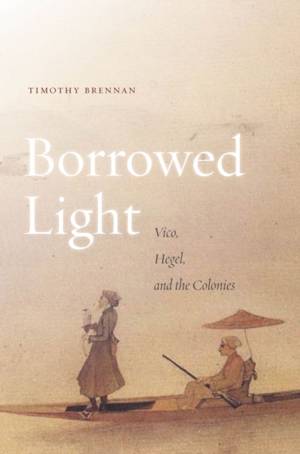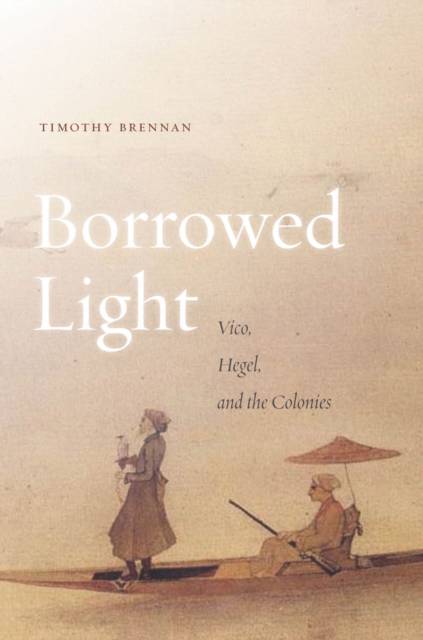
- Afhalen na 1 uur in een winkel met voorraad
- Gratis thuislevering in België vanaf € 30
- Ruim aanbod met 7 miljoen producten
- Afhalen na 1 uur in een winkel met voorraad
- Gratis thuislevering in België vanaf € 30
- Ruim aanbod met 7 miljoen producten
Zoeken
€ 193,45
+ 386 punten
Omschrijving
A critical revaluation of the humanist tradition, Borrowed Light makes the case that the 20th century is the "anticolonial century." The sparks of concerted resistance to colonial oppression were ignited in the gathering of intellectual malcontents from all over the world in interwar Europe. Many of this era's principal figures were formed by the experience of revolution on Europe's semi-developed Eastern periphery, making their ideas especially pertinent to current ideas about autonomy and sovereignty. Moreover, the debates most prominent then--human vs. inhuman, religions of the book vs. oral cultures, the authoritarian state vs. the representative state and, above all, scientific rationality vs. humanist reason--remain central today. Timothy Brennan returns to the scientific Enlightenment of the 17th century and its legacies. In readings of the showdown between Spinoza and Vico, Hegel's critique of liberalism, and Nietzsche's antipathy towards the colonies and social democracy, Brennan identifies the divergent lines of the first anticolonial theory--a literary and philosophical project with strong ties to what we now call Marxism. Along the way, he assesses prospects for a renewal of the study of imperial culture.
Specificaties
Betrokkenen
- Auteur(s):
- Uitgeverij:
Inhoud
- Aantal bladzijden:
- 300
- Taal:
- Engels
Eigenschappen
- Productcode (EAN):
- 9780804788328
- Verschijningsdatum:
- 9/04/2014
- Uitvoering:
- Hardcover
- Formaat:
- Genaaid
- Afmetingen:
- 155 mm x 229 mm
- Gewicht:
- 521 g

Alleen bij Standaard Boekhandel
+ 386 punten op je klantenkaart van Standaard Boekhandel
Beoordelingen
We publiceren alleen reviews die voldoen aan de voorwaarden voor reviews. Bekijk onze voorwaarden voor reviews.







